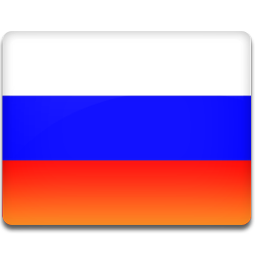The world is still fighting with the coronavirus pandemic. It is well-understood that diseases like the coronavirus do not appear suddenly. A very large community of viruses have been around the world for a very long time. Such viruses infect people and cause them to cough as well as have the sniffles. It has been said that before the SARS-CoV-2 happened, COVID was supposed to cause normal respiratory infections and not the severe ones.
The new one, i.e. COVID-19, is causing severe respiratory infections in human beings. It is said that coronavirus is also detected in animals as well for some period of time. Along with this, some scientists are also saying that coronavirus has spread from animals to human beings. According to many professionals, it is not a new virus to the entire world but new to human beings. When doctors noticed that people were getting ill in the year 2019, then the disease was named as coronavirus.
TYPES OF HUMAN CORONAVIRUS
Professionals have categorized the coronaviruses in four groups named as alpha, gamma, beta, and delta. The four most communal viruses of these groups are listed below:
- 229E (alpha)
- NL63 (alpha)
- OC43 (beta)
- HKU1 (beta)
Three viruses are also listed below which are not so communal:
- MERS-CoV: This is a beta virus which generally creates Middle East Respiratory Syndrome (MERS).
- SARS-CoV-2: This caused COVID-19.
- SARS-CoV: This is also a beta virus which makes Severe Acute Respiratory Syndrome (SARS.)
WHY DOES THE VIRUS CHANGE?
All the genetic material of the coronavirus is present in the RNA, which is also known as ribonucleic acid. There are some similarities between RNA and DNA, but they definitely are not completely the same. When a virus infects a person, they get attached to the nails. Through the nails, they enter into the body and make replications of the RNA. If they are mistaken in multiplying themselves, then this makes the RNA change.








 +91-9811604444/ 9811604424/ 9999064250
+91-9811604444/ 9811604424/ 9999064250  8(800)100-47-90
8(800)100-47-90
